Cities-4-People promotes a people-oriented transport and mobility (POTM) approach, which provides new ways to deliver innovative, sustainable and targeted solutions that address the needs of the public. As the name suggests, POTM is a form of transport and mobility that takes the needs and wishes of the people into account with the goal of improving transportation and increasing urban sustainability. We chose a POTM approach because of its participatory character and its potential to lead to interventions that are really required and accepted by the people they eventually affect.
Citizens at the core
We start from real urban challenges and move towards smart solutions following procedures that are truly participatory and building on strong local knowledge to understand specific conditions, problems and cultural elements. The people, with their views, needs and desires, are the primary reference point for us. The term ‘people’ embraces all types of stakeholders of the urban mobility supply chain: these are the leading actors in the entire innovation process, working together in local communities.
Community empowerment
To empower our mobility communities to interact and collaborate with mobility experts, policy makers and other urban mobility stakeholders, we engage citizens in local Mobility Labs, offering, in this way, an open-to-all, bottom-up and community-based model to support participation in local mobility developments. We also create and deploy pilot-specific Citizen Mobility Kits, which are suites of offline and online tools aiming at enhancing collaborative activities of the Mobility Communities and at supporting them in envisioning and realising ways to innovate.
Urban sustainability
Cities-4-People has a holistic and inclusive approach towards urban sustainability, as it takes into account climate change and environmental issues, socio-economic and socio-cultural aspects as well as the relevance of citizens’ participation in urban planning. In this context, social determinants and health inequality factors (e.g. health hazards, access to health services, access to employment, etc.) are investigated as key elements influencing the sustainability of urban developments, while shared-economy mobility solutions are presented as a way to facilitate the emergence of citizen-led, sustainable urbanism, with multiple environmental, social and mobility-related benefits.
Concretely, we have five pilot areas that showcase new opportunities for sustainable urban development, suited to meet local needs and tackle serious urban challenges in cost-efficient ways. Thus, they contribute to a new vision for sustainable urbanisation, in which collaborative technologies and social innovation foster engagement in neighbourhood governance and increase the involvement of citizens in participatory urban planning.
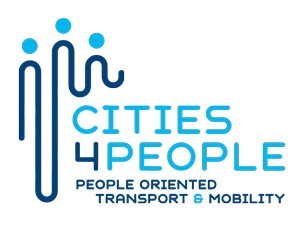
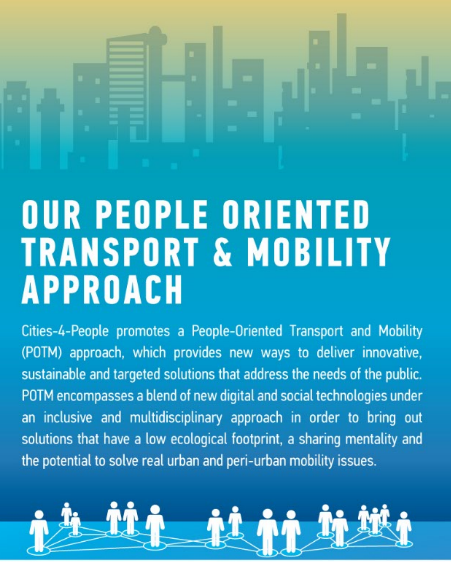


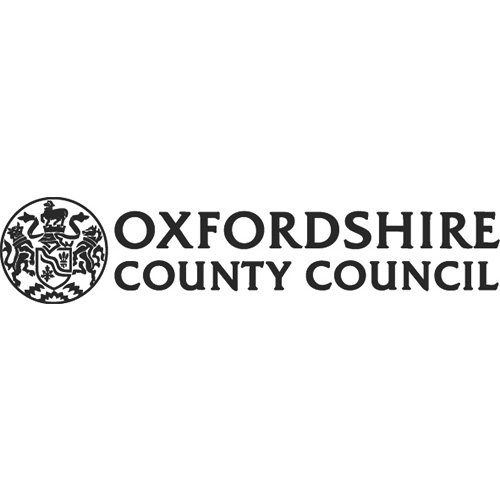

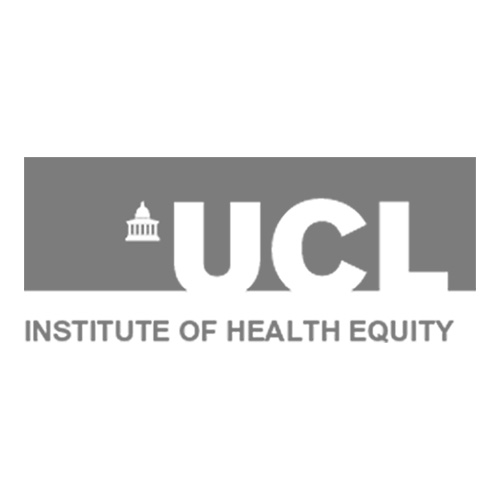




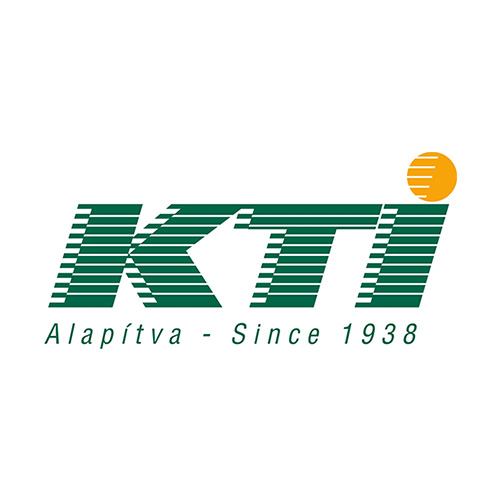
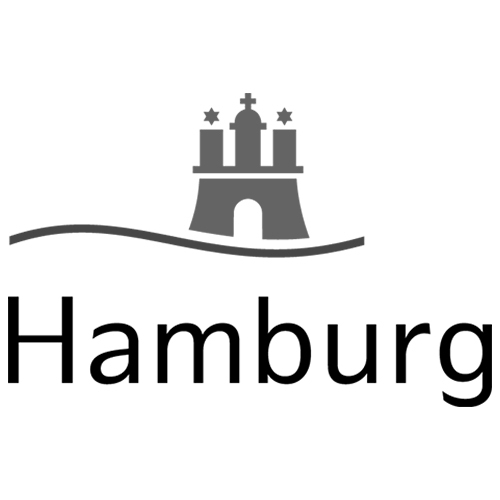
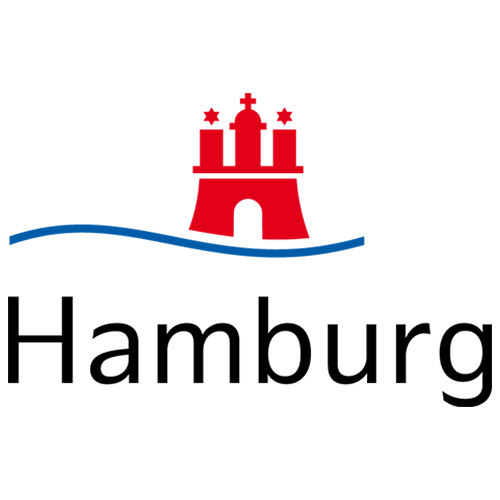
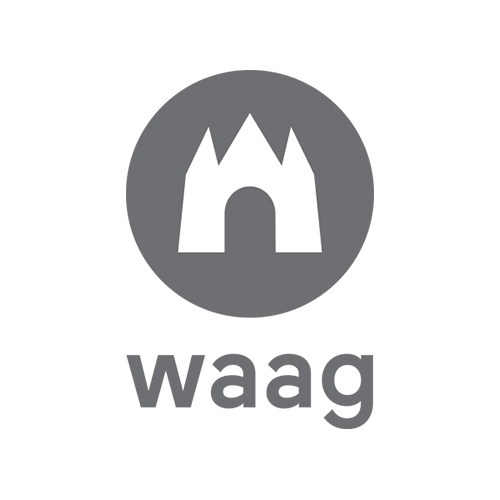

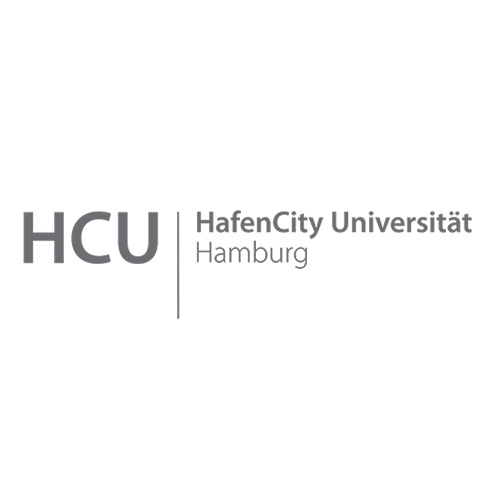
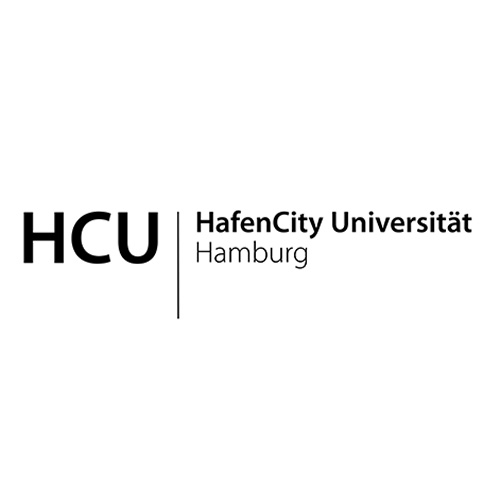

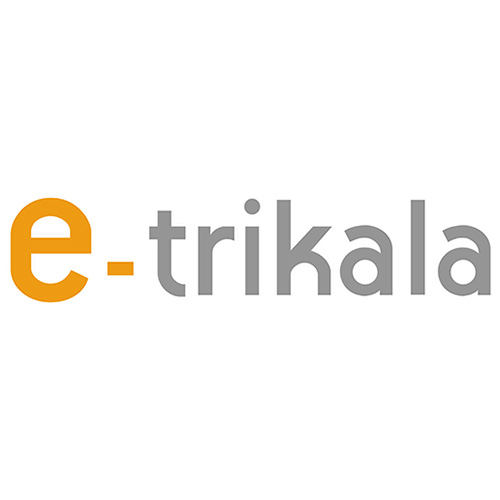




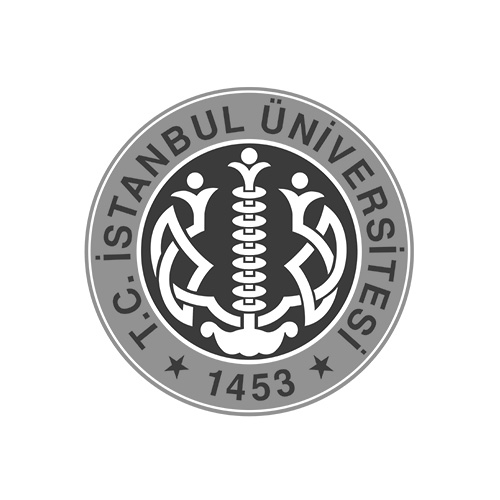
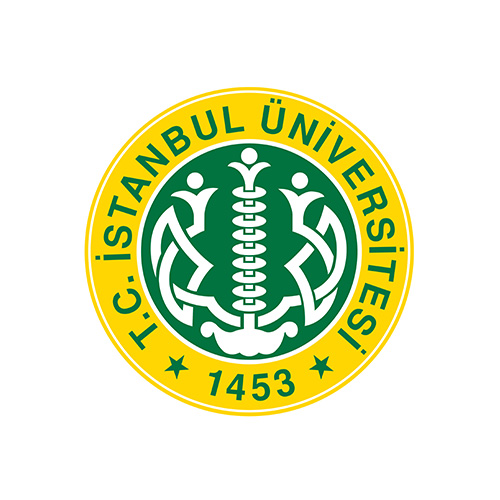


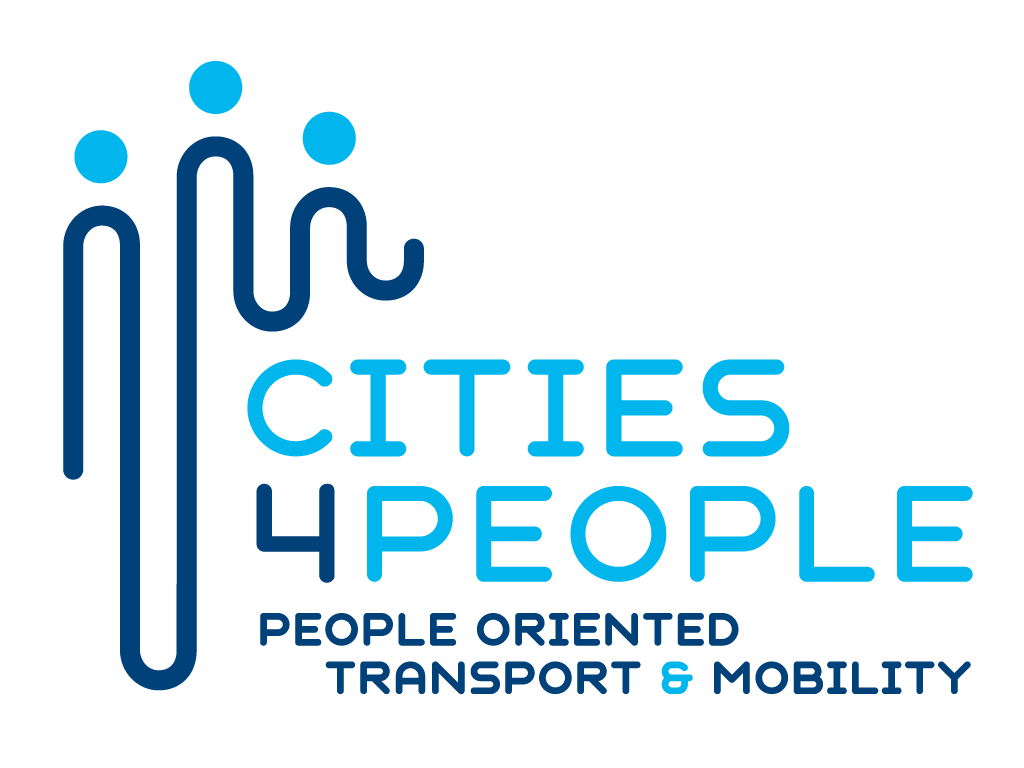
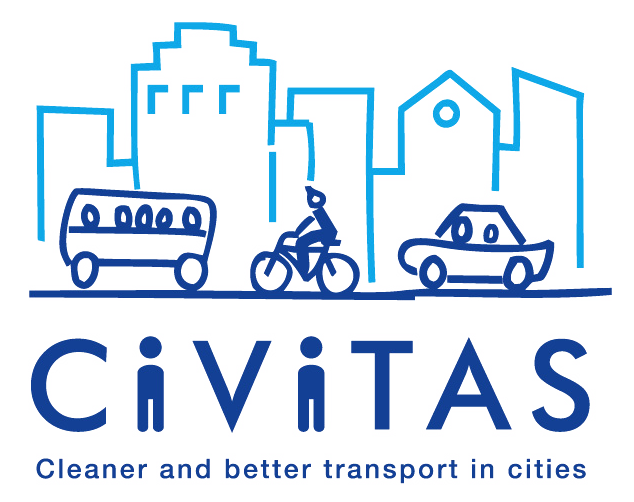


 Magyar
Magyar Ελληνικά
Ελληνικά Deutsch
Deutsch Turkish
Turkish